Polycystic Ovary Syndrome, commonly referred to as PCOS, is a prevalent and multifaceted endocrine disorder affecting women of reproductive age worldwide. Characterized by a variety of symptoms such as irregular periods, excessive body hair, weight gain, and infertility, PCOS is more than just an ovarian condition; it represents a complex metabolic, hormonal, and insulin-related anomaly. The diagnosis of PCOS often involves various tests, including pelvic ultrasounds and blood work, aimed at detecting ovarian cysts and hormonal imbalances. Traditional treatments for PCOS typically involve lifestyle changes and medications like birth control pills and diabetes drugs, focusing largely on symptom management
Diving deeper into the treatment of PCOS, a metabolically directed approach offers a unique and comprehensive perspective. This approach, grounded in understanding the root metabolic causes of PCOS, shifts focus from merely treating symptoms to addressing the underlying factors contributing to the syndrome. Key elements include managing insulin resistance, inflammation, and hormonal imbalances through diet and lifestyle modifications. By embracing this holistic strategy, individuals can achieve a more effective and sustainable management of PCOS, potentially reducing long-term health risks associated with the condition such as type 2 diabetes and heart disease.
“There is no cure for PCOS, but you can manage the symptoms of PCOS. You and your doctor will work on a treatment plan based on your symptoms, your plans for having children, and your risk of long-term health problems such as diabetes and heart disease” Feb 22, 2021
The exact cause of PCOS is unknown. Early diagnosis and treatment along with weight loss may lower the risk of long-term complications such as type 2 diabetes and heart disease”
A high carbohydrate, high sugar, low cholesterol, low saturated fat diet and chronic snacking (Edibolic Stress) This unhealthy diet increases your insulin secretion while simultaneously increasing insulin resistance Chronic inflammation secondary to chronic stressors including environmental illness (CIRS, mold) also increases insulin resistance High insulin and inflammation stimulate aromatase activity transforming testosterone and androstenedione into estrogen Therefore, most women with PCOS have high estrogen and high
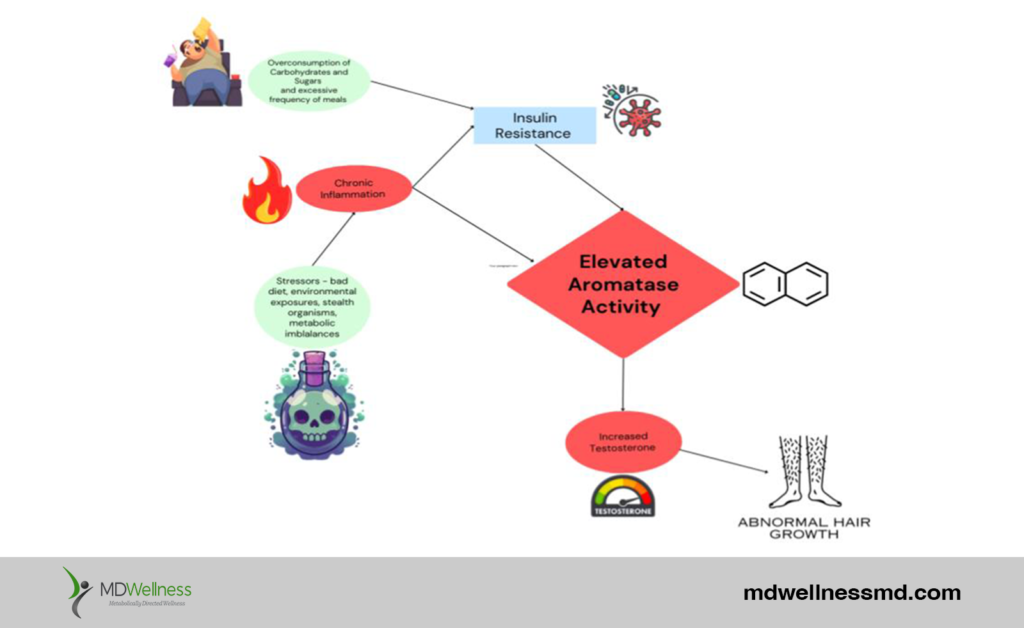
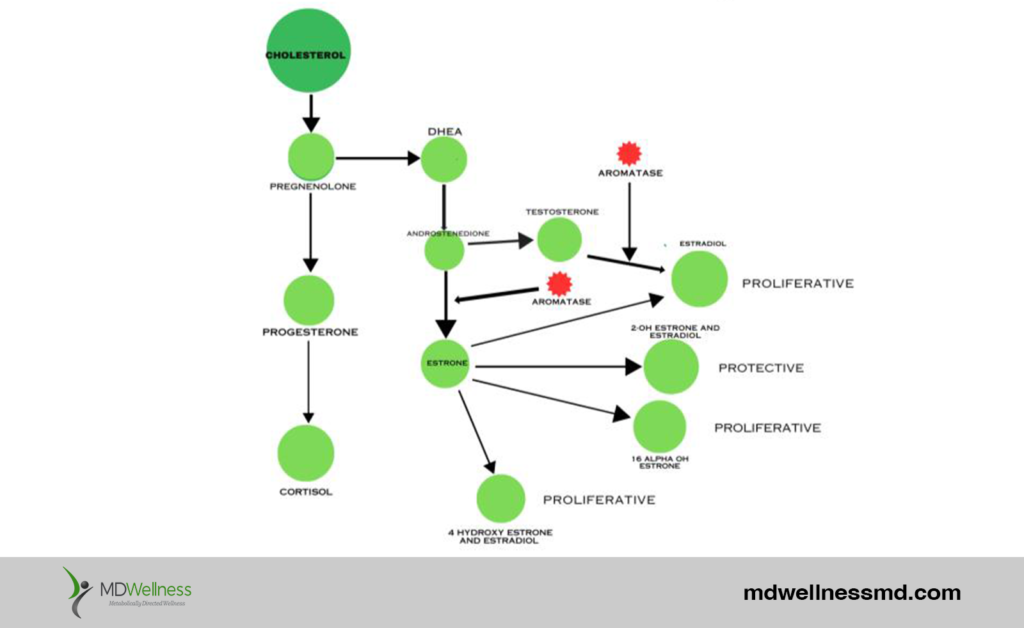
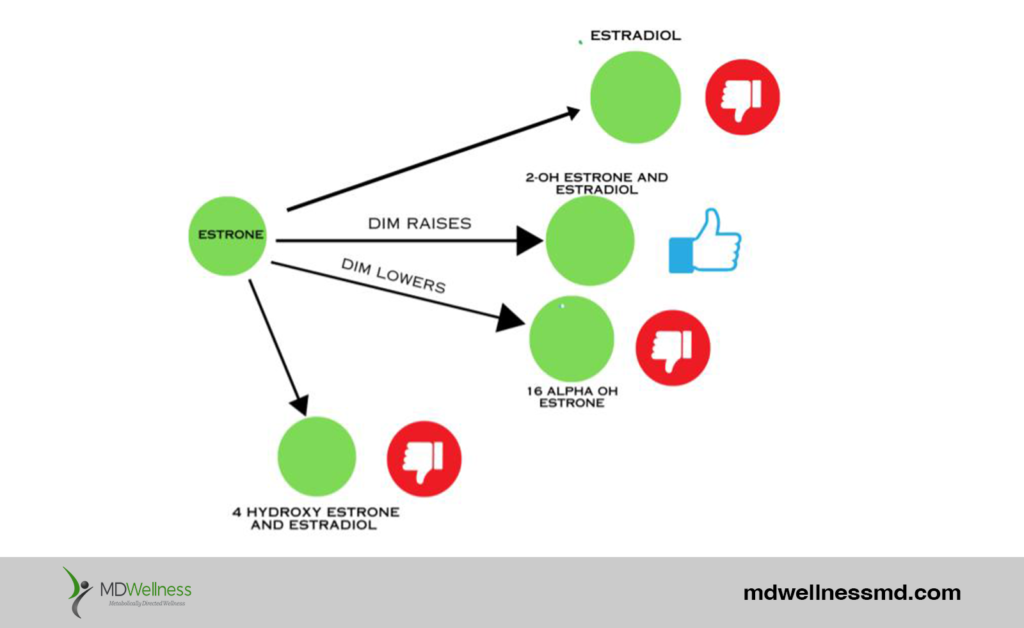
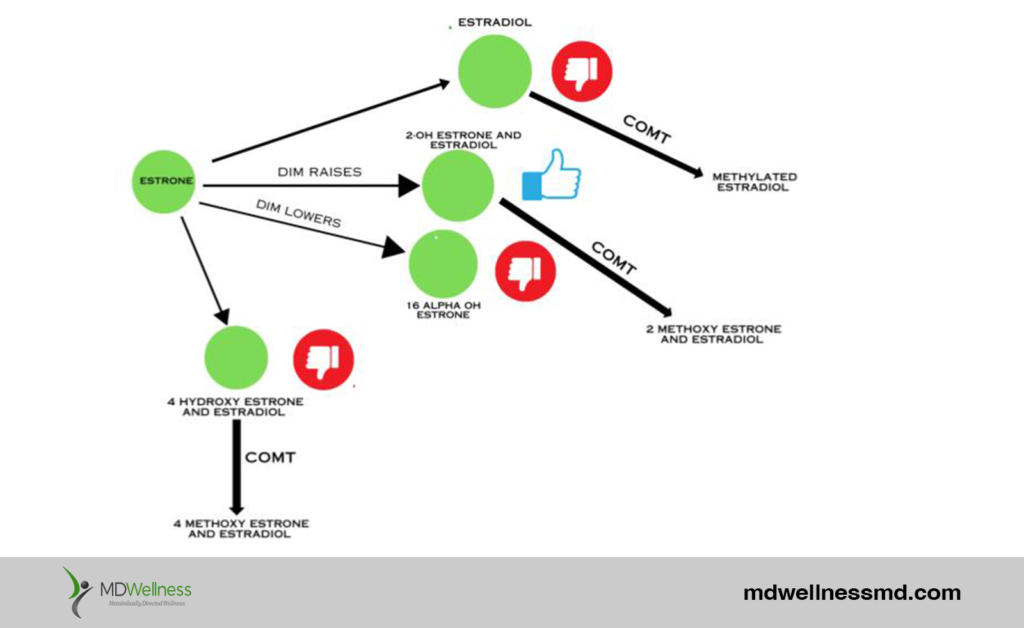
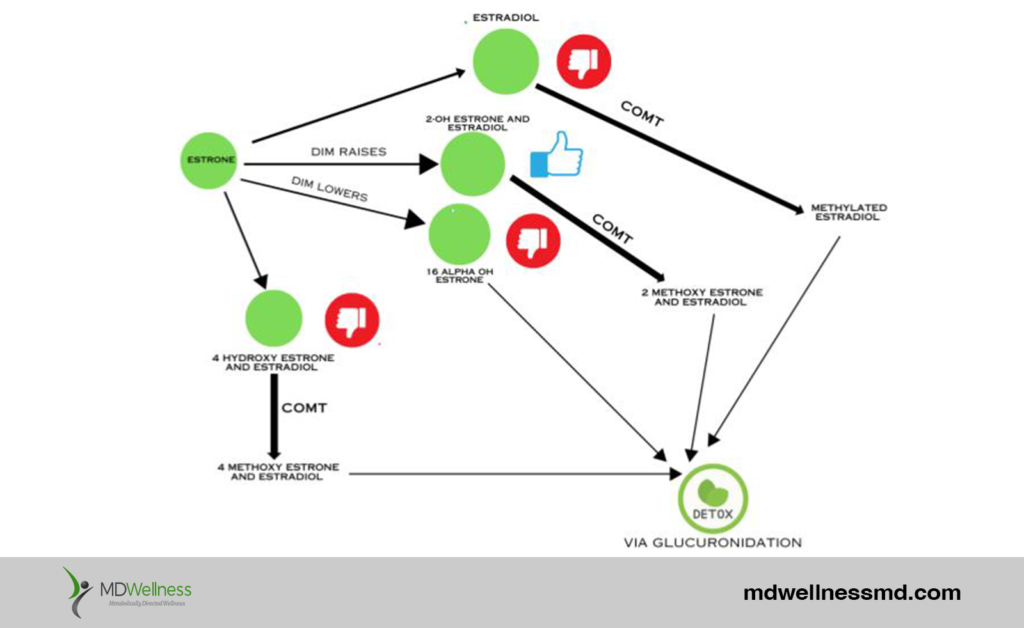
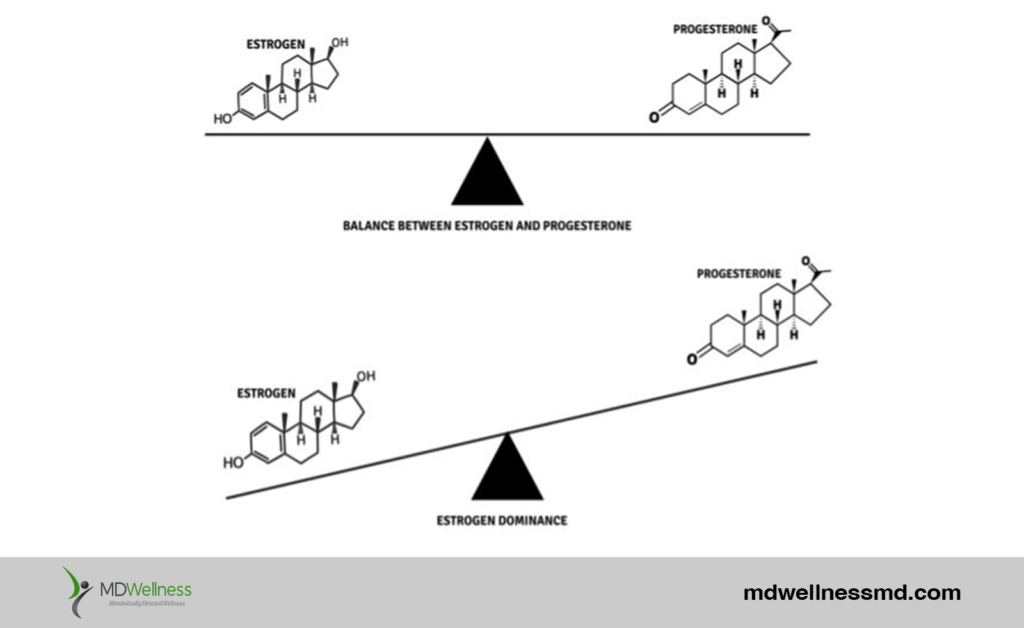
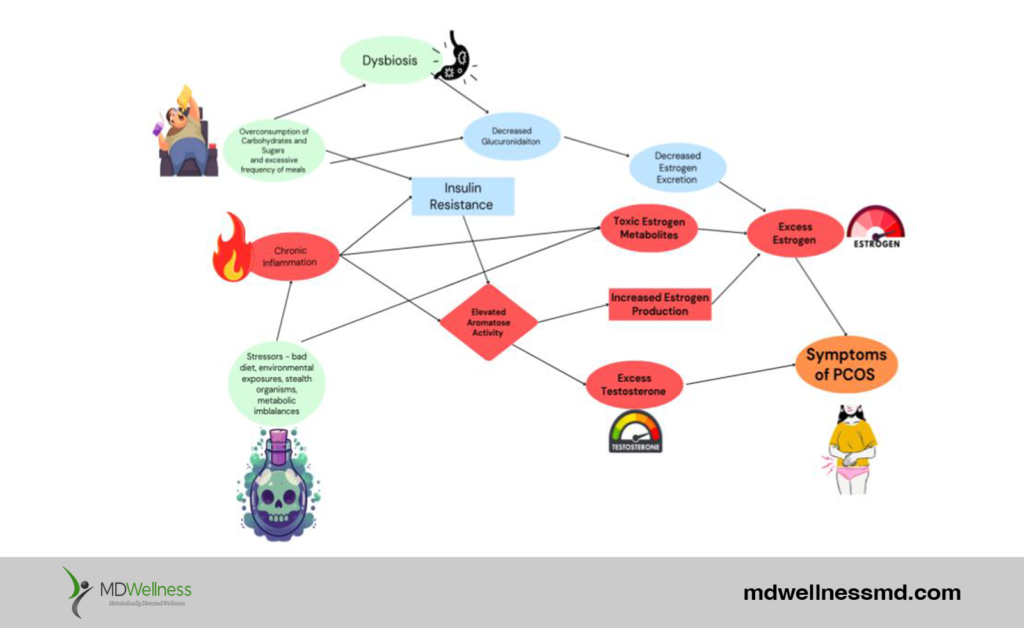
To learn more about MD Wellness contact us today by giving us a call at (732) 268-7663, emailing us at [email protected] or by requesting an appointment online.
Disclaimer: The entire contents of this website are based upon the opinions and experiences of Dr. Rothman, unless otherwise noted. Individual articles are based upon the opinions of the respective author, who retains copyright as marked. The information provided on this website is not intended to replace a one-on-one relationship with a qualified health care professional and is not intended as medical advice. It is intended as a sharing of knowledge and information from the research and experience of Dr. Rothman and his community. Dr. Rothman encourages you to make your own health care decisions based upon your research and in partnership with a qualified health care professional. If you are pregnant, nursing, taking medication, or have a medical condition, consult your health care professional before using products based on this conte
© 2024 MD WELLNESS. All Rights Reserved. | Terms & Conditions | Our Disclaimer and Privacy Policy | Shipping & Return Policy
Website Created and Managed by M&A consulting
Schedule a Free Consult
Complete this quick form to schedule a
non-obligation 15 minutes phone consultation.